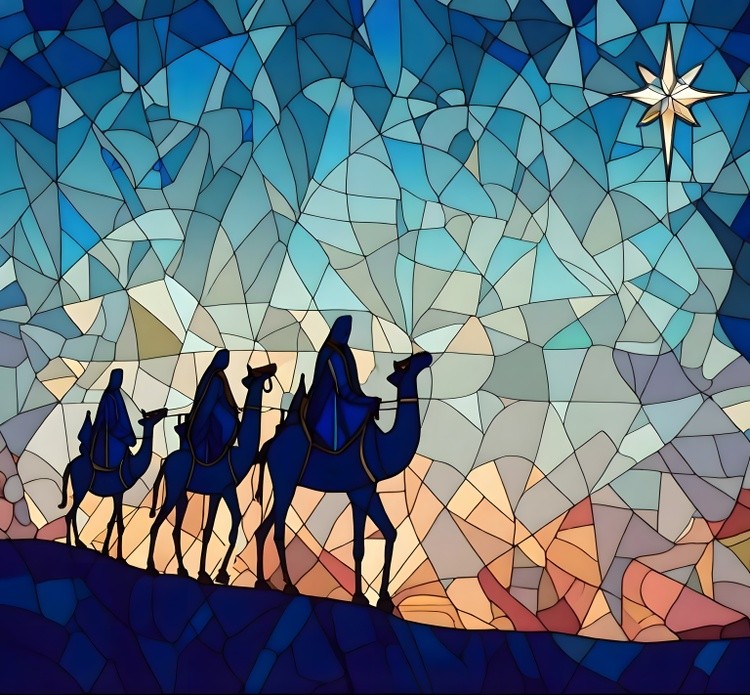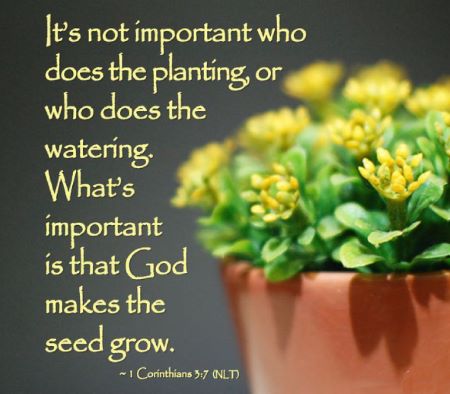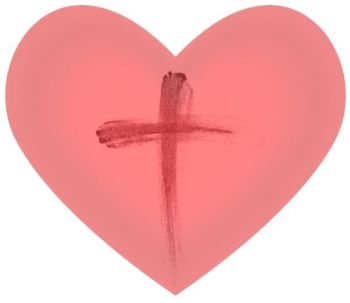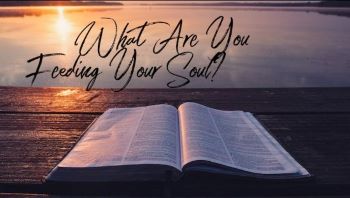
The Bread of Life (Reprised)
It feels a bit odd to write an Epiphany article in the week before Christmas Eve (shrug), but there are deadlines. But even in the final days prior to Christmas, it’s important to explain why “Jesus born in Bethlehem” is a means to fulfill scripture. Bethlehem literally means “house of bread,” and it is to our houses of bread, our own church communities that we are called; and in which we are spiritually nourished. A place where our hungers will cease. And there are several layers of meaning to Jesus being born in the town of the “house of bread.” Jesus will later say: “I am the bread of life –– the bread of God that comes down from heaven and gives life to the world.”
In the Gospel that will be read on January 6 (Matthew 2:1-12), three wise men, three Magi (which is related to the word magic) and who know how to read signs, and who are led by a star, come to Herod and ask where the child, the King of the Jews, has been born. Herod tires to trick them into leading him to the child so Herod can kill him, (Herod is aligned with earthly powers which don’t give life or feed it’s people) and he doesn’t want to be shown up short by the bread which always feeds. So the wise men went, and found the infant Jesus, and made homage to him.
The Epiphany they experience is the unfathomable mystery of infinity contained in the finite, and they are overwhelmed with joy. The Epiphany they experience is the revelation that this light is for all people. The Epiphany they experience is God’s love in its unbounded form. It’s like knowing how to interpret a secret code, so you can read a long-lost treasure map, and find buried treasure where no one else would be looking because it’s in the most unlikely place. And you discover that it’s more worthwhile than you could ever possibly have imagined. And you fall down on your knees and thank God you have found it.
And in their gratitude, in the presence of this light, Herod fades (because the things of the world fade when they encounter the incarnate God). The joy they felt must have been like the joy Mary felt when Gabriel told her that she would bear a son who would be named Jesus; and who, in response, sang The Magnificat (to put all the Herods of the world on notice).
You see, everyone comes to Bethlehem: wise men, shepherds, reassuring angels, (and every now and then), even a Herod or two. And yes, even us. So how will we get to Bethlehem to see and experience this miracle? The trip isn’t always easy. What will we have to risk? What comfort, or familiarity, or security, or indulgence, or diversion will we have to give up in order to travel to Bethlehem to see and experience more power than we can imagine, contained in innocence. We have a foretaste of our journey, because we already travel to Bethlehem each time we are welcomed at Table, and are nourished by the presence of Christ and the mystery we receive.
God sent the wise men a second sign –– a dream –– telling them to leave by another path so that Herod would fail. Let us pray that in this new year, the Divine Mystery would straighten our paths as we journey towards Bethlehem, so that we too may experience the incarnation and be changed by it at our deepest level –– and that as we leave, would help us avoid all the Herods of our world.








